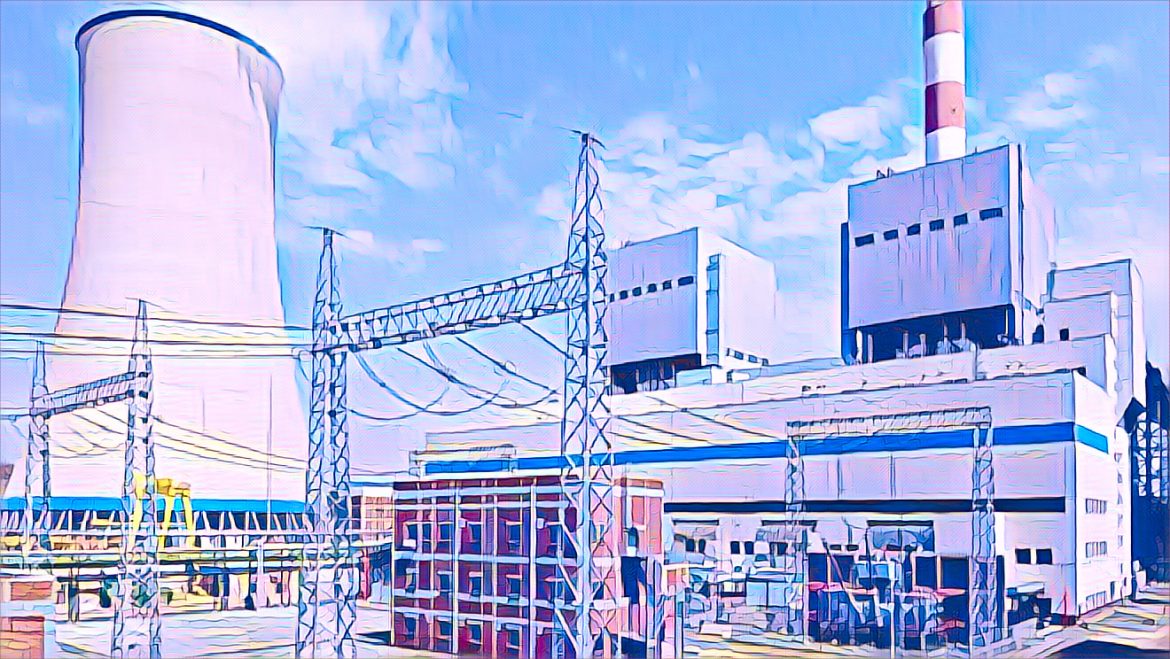Zimbabwe is facing severe power cuts due to reduced power generation at the Hwange Power Station, resulting in the implementation of 12-hour power cuts to manage domestic demand.
The nation requires at least 2,200MW at peak times. Agriculture Minister Anxious Masuka announced that the recent increase in power cuts is due to outages at Hwange. He mentioned that two new units were expected to join the grid soon. As of now, Zimbabwe generates about 1,400MW daily, supplemented by imports. The country’s total generation is currently between 1,500MW and 1,600MW, falling short of the daily maximum demand of 1,825MW.
However, as of yesterday, the Zimbabwe Power Company website reported that Hwange Power Station was generating 899MW and Kariba 292MW, resulting in a total of 1,191MW.
Minister Masuka warned of strict measures against those withholding social welfare assistance, following reports from Mashonaland Central about unfair grain distribution. He emphasized that 6.1 million out of 9.2 million individuals in rural areas are the target for social welfare assistance. The government aims to provide 7.5kg of grain per person per month from September, increasing to 8.5kg from October to March 2025.
Information Minister Jenfan Muswere reported that the Zimbabwe Livelihoods Assessment Committee conducted a Rural Livelihoods Assessment from May 3 to June 7. The total cereal requirement from the National Strategic Grain Reserve for July 2024 to March 2025 is 448,350 metric tonnes. This includes 45,750 metric tonnes per month from July to September 2024, and 51,850 metric tonnes per month from October 2024 to March 2025.
Muswere noted that 121,482.6 metric tonnes will be needed for the school feeding program from July 2024 to April 2025. The government will ensure the necessary quantities are available for this program and prioritize the payment of the Basic Education Assistance Module (BEAM).
In addition, the government, through the Women Affairs, Community, Small and Medium Enterprises Development Ministry, will continue to support women in key sectors such as housing, finance, agriculture, manufacturing, health, arts and crafts, and fisheries. The aim is to enhance the formation and growth of innovative structures for women.
“Going forward, the government will accelerate the implementation of gender equality provisions as outlined in the Constitution to increase women’s participation in key decision-making positions across all sectors,” Muswere said.
Special facilities, both existing and new, will be strengthened to support women-owned enterprises, community projects, and micro, small, and medium enterprises. This includes access to affordable long-term funding for re-tooling and other needs.
The current power crisis highlights the critical need for Zimbabwe to enhance its energy infrastructure. With the anticipated integration of new units at Hwange, there is hope for improved power generation. However, the road ahead remains challenging as the country works to meet its energy needs and support its population through social welfare and development programs.
Zimbabwe’s situation underscores the broader issue of energy security in the region. The country’s reliance on imports to supplement its power generation indicates a need for diversified energy sources and improved efficiency in existing power plants.
The government’s efforts to address social welfare and gender equality are commendable. Ensuring fair distribution of resources and increasing women’s participation in various sectors are crucial steps toward sustainable development. These measures not only address immediate needs but also lay the groundwork for long-term growth and stability.
In conclusion, Zimbabwe is facing a significant power crisis that impacts various aspects of daily life and economic activity. The government’s proactive steps to manage the situation, support vulnerable populations, and promote gender equality are essential. However, achieving a stable and reliable energy supply will require ongoing efforts and investment in infrastructure and innovative solutions.
Source: Newsday


